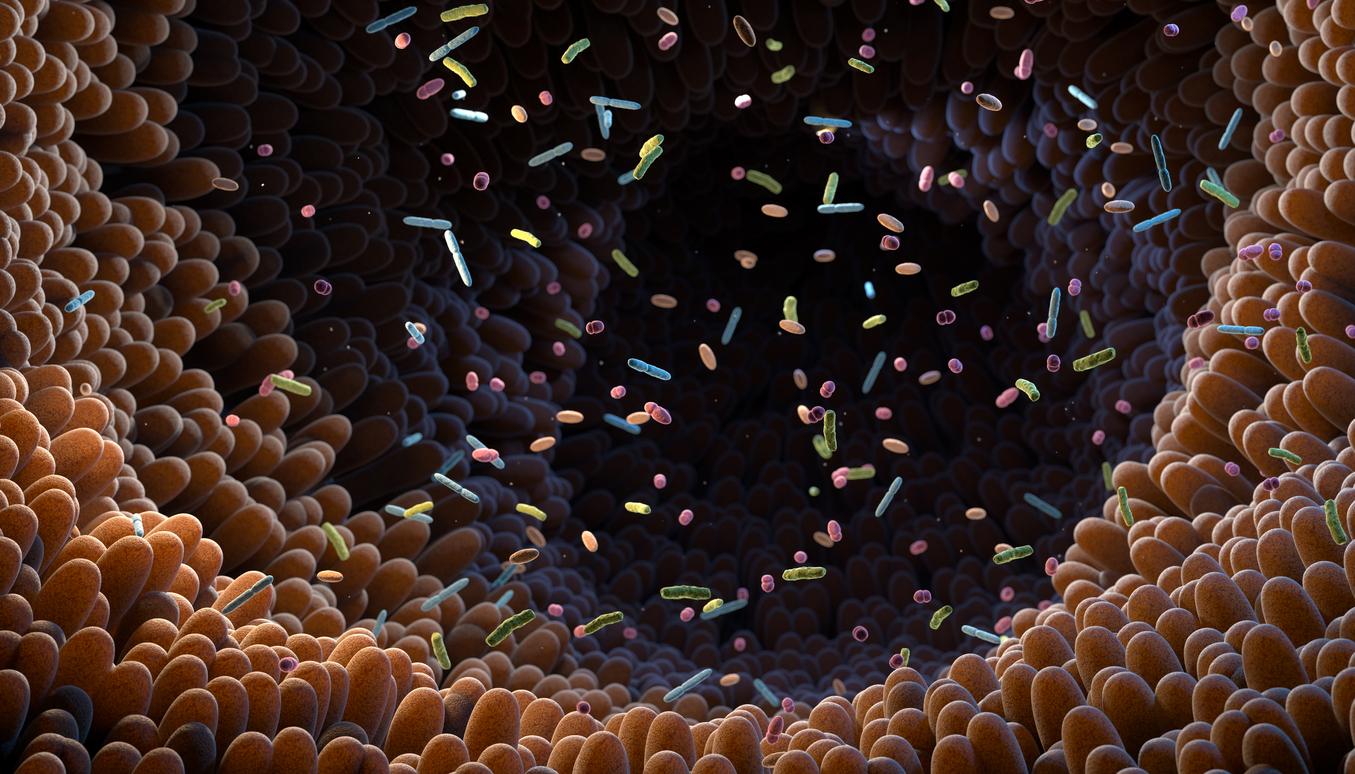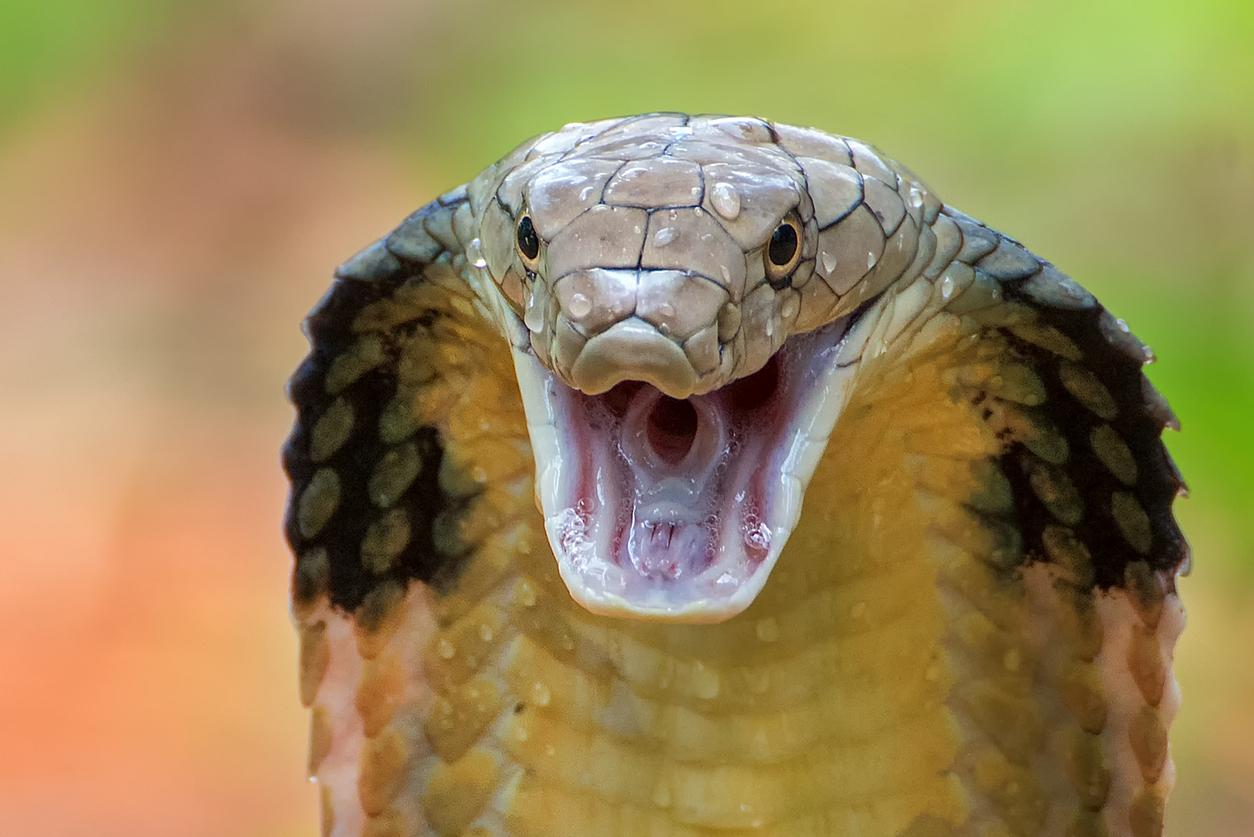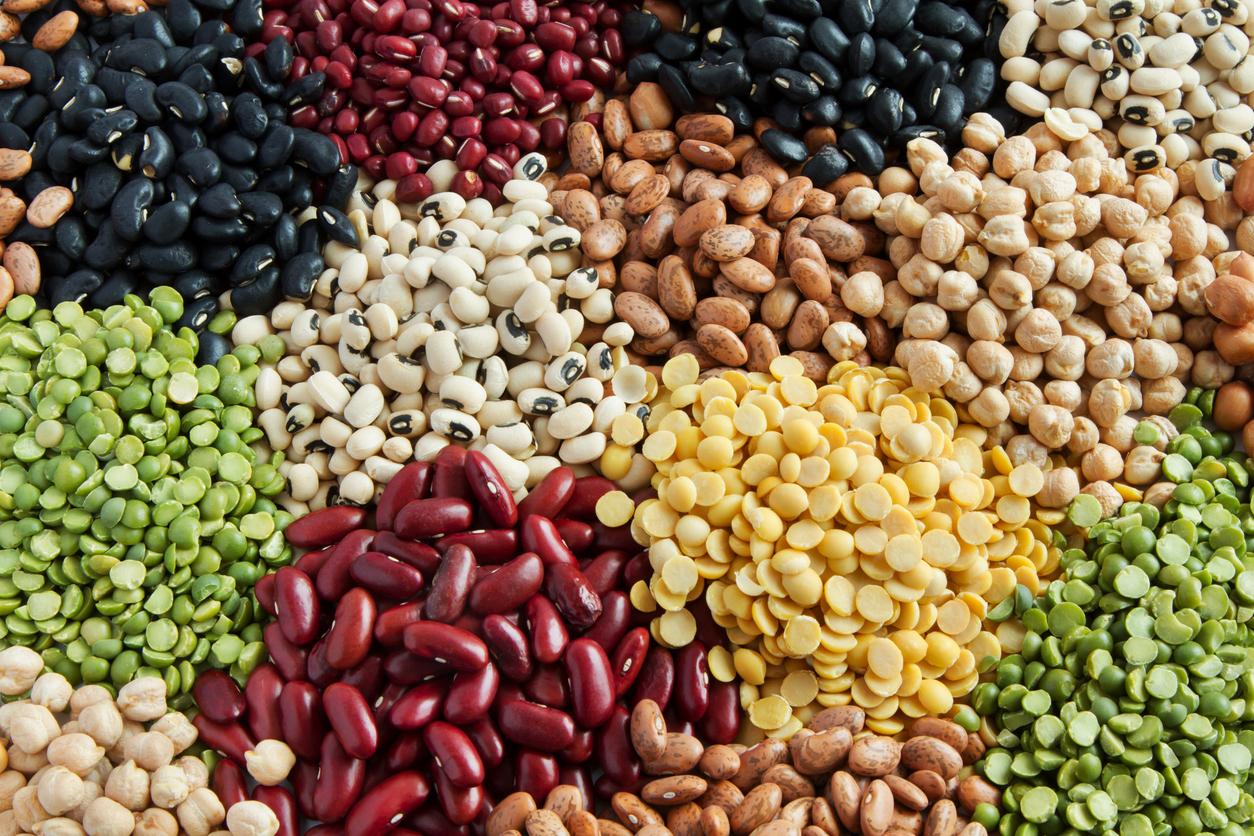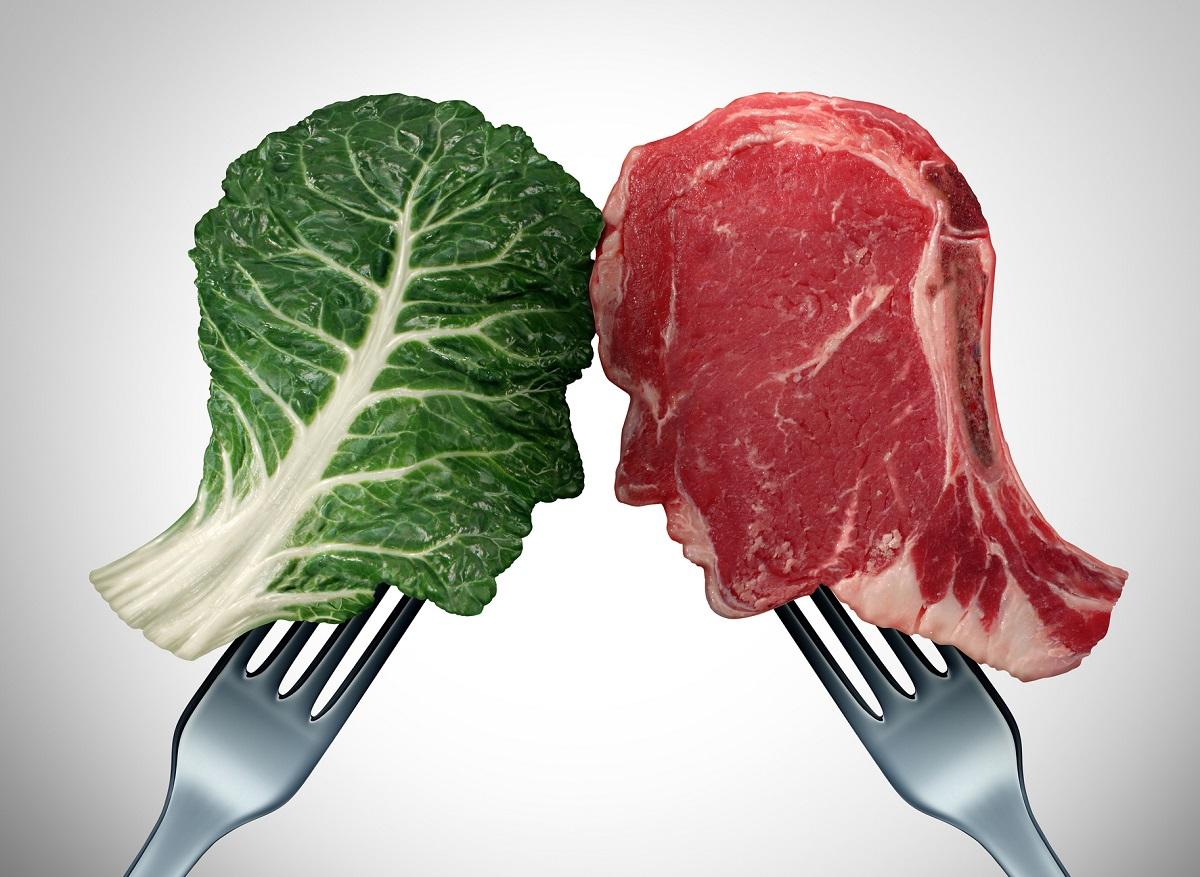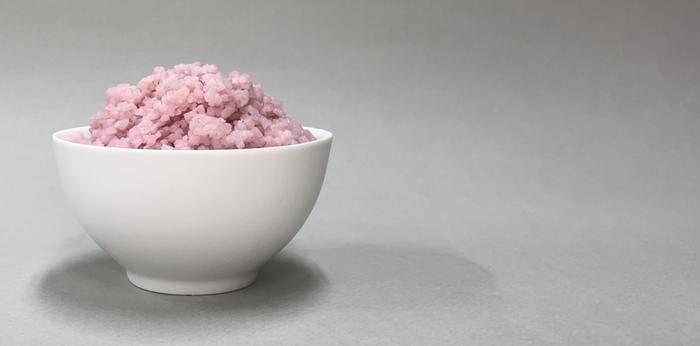THE proteins are part, with lipids and carbohydrates, of one of the three main families of macronutrients essential to the body. Our health authorities in France recommend an intake included between 0.83 and 2.2 grams of protein per kilo per day, for a healthy adult person under 60 years old (10 to 27% of daily energy intake). An adult woman aged 50 and weighing 65 kg should therefore consume between 54 and 143 grams of protein per day.
Consuming protein is essential to the body, because they participate in cell renewal. They also contribute to the renewal of nails, hair, skin and muscle tissue. They constitute an essential element in the muscle repair. Proteins will also help regulate blood sugar and hunger.
Who says protein often says meat. However, if meat is a good source, it should not be consumed more than twice a week (500 g/week) to stay in good health. And for good reason, meat is associated with the appearance of certain chronic diseases such as overweight, excess cholesterol, digestive problems and certain cancers.
But that doesn’t mean you’re being asked to cut down on protein. Other sources of animal protein include eggs, cheese or fish. Not to mention the vegetable proteins. Beans, beans, lentils, chickpeas… are foods naturally rich in fiber and contain protein. It is recommended to consume it at least twice a week.
Plant or animal proteins: what are the differences?
Concretely, animal proteins come from meat, fish, eggs and dairy products. They are relatively richer in amino acids than plant proteins provided by cereals and legumes.
“ To obtain a balanced diet of amino acids from plant proteins, it is useful to combine different plant foods: legume seeds (lentils, beans, peas, etc.) with cereals (rice, wheat, corn, etc.) », specifies ANSES (National Agency for Health and Food Safety).
THE combinations are particularly important if you follow a vegan diet : by excluding all animal proteins (eggs and dairy products included), protein intake may not be sufficient and balanced.






















